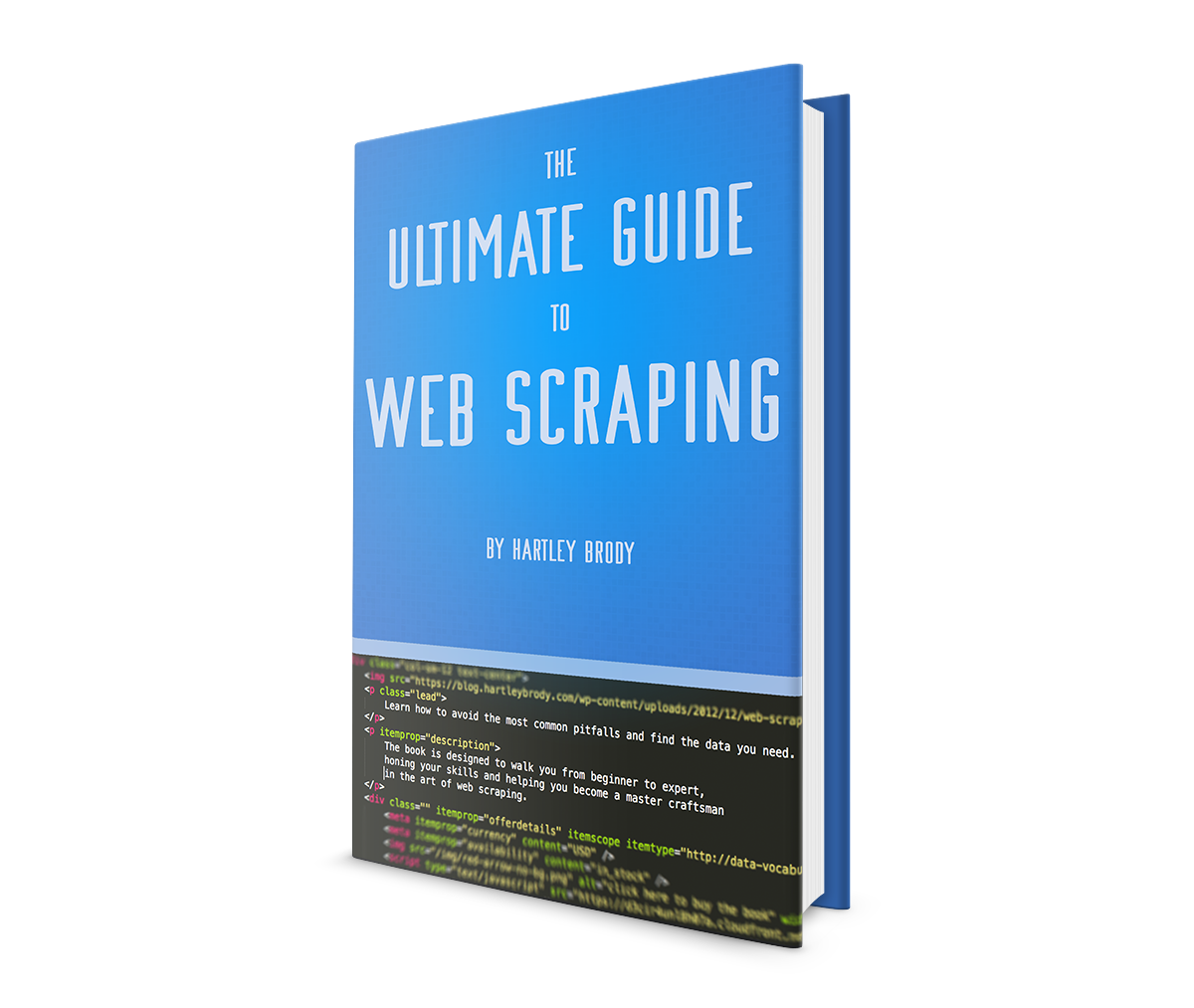Adding Subtle Pop-ups to Your Website
It’s fairly common knowledge that website visitors hate pop-up windows. By definition, they interfere with what you’re doing and try to draw your attention to something else. In the early days of the internet, they were everywhere, but these days all major browsers block pop-up windows by default.
Now, site owners are switching to modal windows which usually don’t get caught by pop-up blockers since they use more complex javascript and CSS.
But if website visitors hate these intrusive windows so much, why do website owners still use them?
Because they work.
 If you haven’t heard about it by now,
If you haven’t heard about it by now, 
 I’ve always been interested in student government, especially the delicate task of campaigning among your peers. In most student government elections, the default assumption is that your friends will vote for you, which leads to the common complaint that student government elections are just a big popularity contest.
I’ve always been interested in student government, especially the delicate task of campaigning among your peers. In most student government elections, the default assumption is that your friends will vote for you, which leads to the common complaint that student government elections are just a big popularity contest. As the snow melts and the grass start to show again on college campuses across the country, a lot of students are sent scrambling to find plans for the fast-approaching summer break period. Suddenly coming to terms with the potential of yet another summer sitting at home can be both both terrifying and motivating.
As the snow melts and the grass start to show again on college campuses across the country, a lot of students are sent scrambling to find plans for the fast-approaching summer break period. Suddenly coming to terms with the potential of yet another summer sitting at home can be both both terrifying and motivating.
